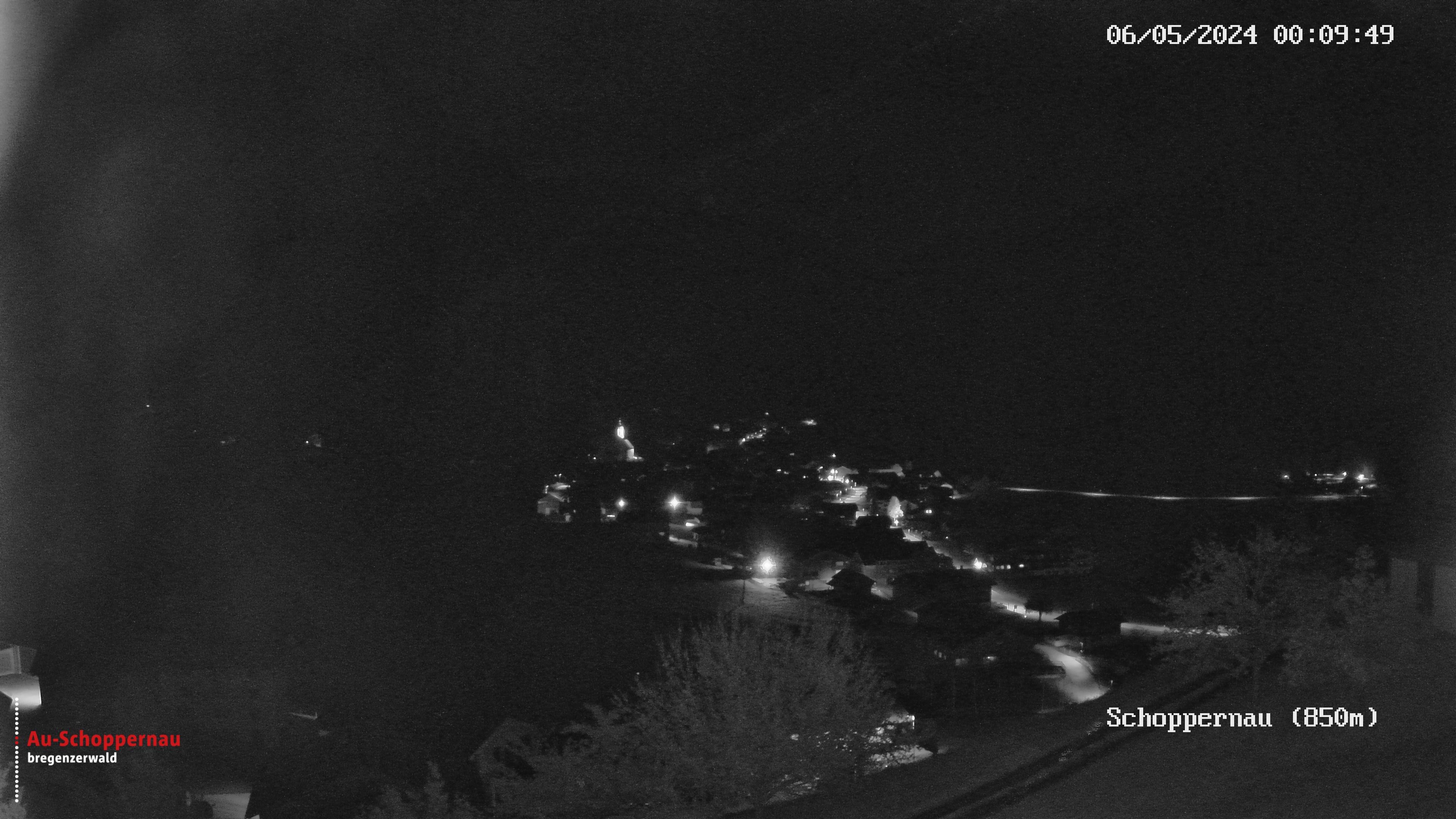Even to this day, Philosopher Jacques Rousseau is constantly misunderstood. Nevertheless, his influence was enormous. The French Revolution, for instance, would not have happened without his ideas. In his concept of the “volonté générale,” the general will, he replaced the will of the ruler with the will of the general public. Instead of absolute sovereignty, the sovereignty of the people was to be applied. How exactly this should work, namely that in the general will the good and the just coincide, remains controversial even today. Rousseau himself was convinced that his concept of democracy could only be realised in manageable circumstances, for example in the city-state of Geneva. When I visited Erich Schwärzler at the Vorarlberger Landhaus earlier this year, I had no idea that it would be the last big interview he gave as a state councillor. For the Falter publishing house, we make an Alp-dairy magazine for the Rupp company. I beg your pardon for the self-promotion but, after all, the publication is mainly about the Bregenzerwald Alps. I first met Erich Schwärzler for the first time when he appeared at an Älplerabend evening event hosted by the aforementioned company. On this particular evening, people who move to the “Alp” Alpine pasture dairies are celebrated and receive good wishes for the coming “Alp” season. Schwärzler was there. The state councillor, who is of course a respected person, also spoke a few words. Quick, lively and alert, he skipped most the standard politician phrases and got to the point. “What do you need in the Alps?” he asked CEO Josef Rupp publicly. Rupp replied that the Alpine dairy farmers needed help in bringing cheese to market, i.e. refrigerators to store the cheese in sliced form, packaging equipment to shrink-wrap it and the like. Schwärzler briefly consulted with his assistant who had travelled with him. He then announced to the meeting that refrigerators and vacuum equipment would be supported with immediate effect and even provided a corresponding telephone number. Everyone was amazed at such spontaneous and immediate help.

Without hesitation, he just said “Christmas!”
Without hesitation, he just said “Christmas!”
Armin Thurnher on the last major interview that former State Councillor Erich Schwärzler gave before his resignation and how he described his solution to the refugee crisis.
I wanted to get to know the man better. I had read a feature about him in the newspaper: “He is entrusted with all problematic departments and keeps the pressure off Governor Markus Wallner when it comes to asylum and security matters, as well as brewing conflicts of interest between business and the environment. At the same time, he manages the agendas of farmers, knows every mayor, every fire-brigade commander in the state and of course the families they belong to. His latest masterpiece was the resolution of the refugee crisis in the state in 2015. This issue demonstrated that Erich Schwärzler goes to the limit (and sometimes even above). During my visit to the state government building, Schwärzler demonstrated plenty of skill. Before I could question him, he asked me about the folder, my career, and my family. Maybe he already knew all of this information anyway. But he asked so that I had to think it was real interest. If it started out like this, it wasn’t going to be a cookie-cuter interview. I asked him how he managed not to fail in spite of the refugee crisis. Without hesitation, he just said, “Christmas!” After all, he actually knows all of Vorarlberg’s 96 mayors personally. So if one of them didn’t want to take in refugees, then they had better not show up for midnight mass. He smiled mischievously. This would probably not have been possible during carnival, but that’s how this form of gentle moral blackmail worked out. What Schwärzler so modestly expressed was a political achievement that could hardly be matched somewhere else. That a relatively small area like Vorarlberg was able to solve such a delicate problem without the difficulties that would otherwise arise elsewhere, was due solely to this man: a farmer from Lingenau, who had spent several summers on an Alpine pasture dairy as a young man and was later a member of the national parliament. As a state councillor, he used his passion for 25 years to fulfil what Rousseau had demanded: articulating and shaping the will of the people. According to Schwärzler, if a junior employee had a new idea, he would first send him to Sibratsgfäll to the regulars’ table. There, the project would be subjected to a reality test. This was an experience that Schwärzler himself had in constant dialogue with the people. Politics cannot be conceived at the desk and implemented with a smartphone alone. As his conversation with me proved, Schwärzler was also a clever media politician. Beyond that, however, his achievements, which were exemplary in dealing with refugees, could serve as a model for politicians from all camps. If there were more adherents of Rousseau in politics today, it wouldn’t suffer from such a credibility crisis. Shortly after his 65th birthday, Erich Schwärzler retired for private reasons.
Author Thurnher
Edition: Winter Travel Magazine 2018-19



